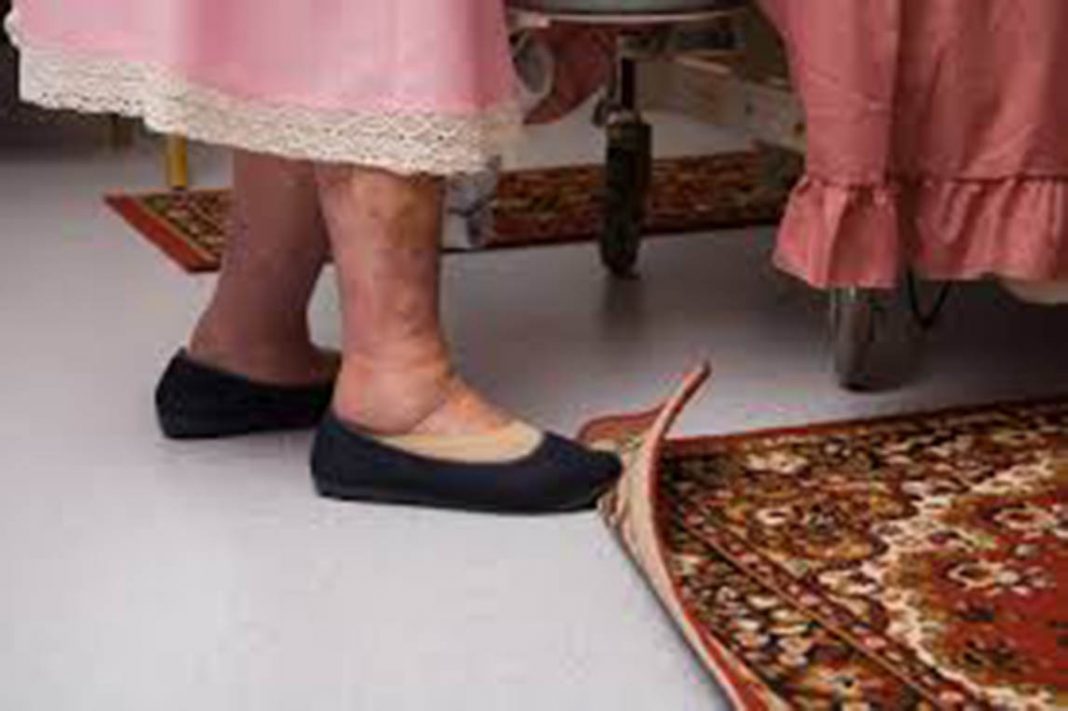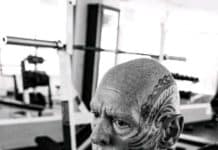As we get older, our bodies start to lose strength. This is an inescapable fact of life. This means that older people are more likely to suffer a fall. But when does it go from a simple slip or trip to a personal injury?
A personal injury is an accident or injury that was caused or worsened by someone else’s negligence. If you’ve suffered this type of injury, you may be able to hold that person or organisation responsible.
Slips and falls are some of the most common types of personal injury. They can also lead to some serious injuries.
Who is most susceptible to falling?
Around one in three adults over 65 who live at home will have at least one fall a year, and about half of these will have more frequent falls, according to the NHS. Meanwhile, the USA’s Centers for Disease Control and Prevention has calculated that one in every five falls causes a serious injury, such as broken bones or a head injury.
But it’s not just older people who can find themselves suffering from a serious fall. The Health and Safety Executive has found that falls from height are responsible for the highest number of deaths that occur at work in the UK, with 40 people dying this way in 2018/19. It has also found that falls on the same level accounts for 31% of non-fatal injuries to workers.
How do you know it’s a personal injury?
A personal injury is an injury you suffer in an accident that could have – and should have – been avoided. Negligence plays the biggest part in such injuries. For example, if you trip on an uneven paving slab, the local council is responsible for that. And if you slip on a wet floor in a shopping centre or supermarket, the person or company responsible for the building can be held accountable.
Not every trip or slip is a personal injury. For example, if you fall at home or trip over your own shoelace, no one else is responsible for the accident. But if you fall in a public space where the cause could have been avoided, the cause may be down to someone’s negligence. When this is the case, you might feel let down – as if you should have been safe.
What to do after this kind of fall
After you’ve fallen in public, you might feel embarrassed, upset or even angry. After all, you didn’t expect to suffer the injury. You might feel particularly frustrated if people start wondering about your ability to look after yourself, which might come about after a nasty fall.
The first thing to do after a fall anywhere is to make sure you look after your health. Recovery is the most important thing, particularly when falling once can double your chance of falling again. To try to avoid that second fall, you’ll have to keep up your strength. Balance is also important for avoiding potential falls. Tai chi is therefore a highly beneficial exercise, so it could be worth looking into classes.
Considering whether you need to make any lifestyle changes is not an easy thing to do, but it could be necessary when it comes to recovering from a bad fall – and preventing future falls.





